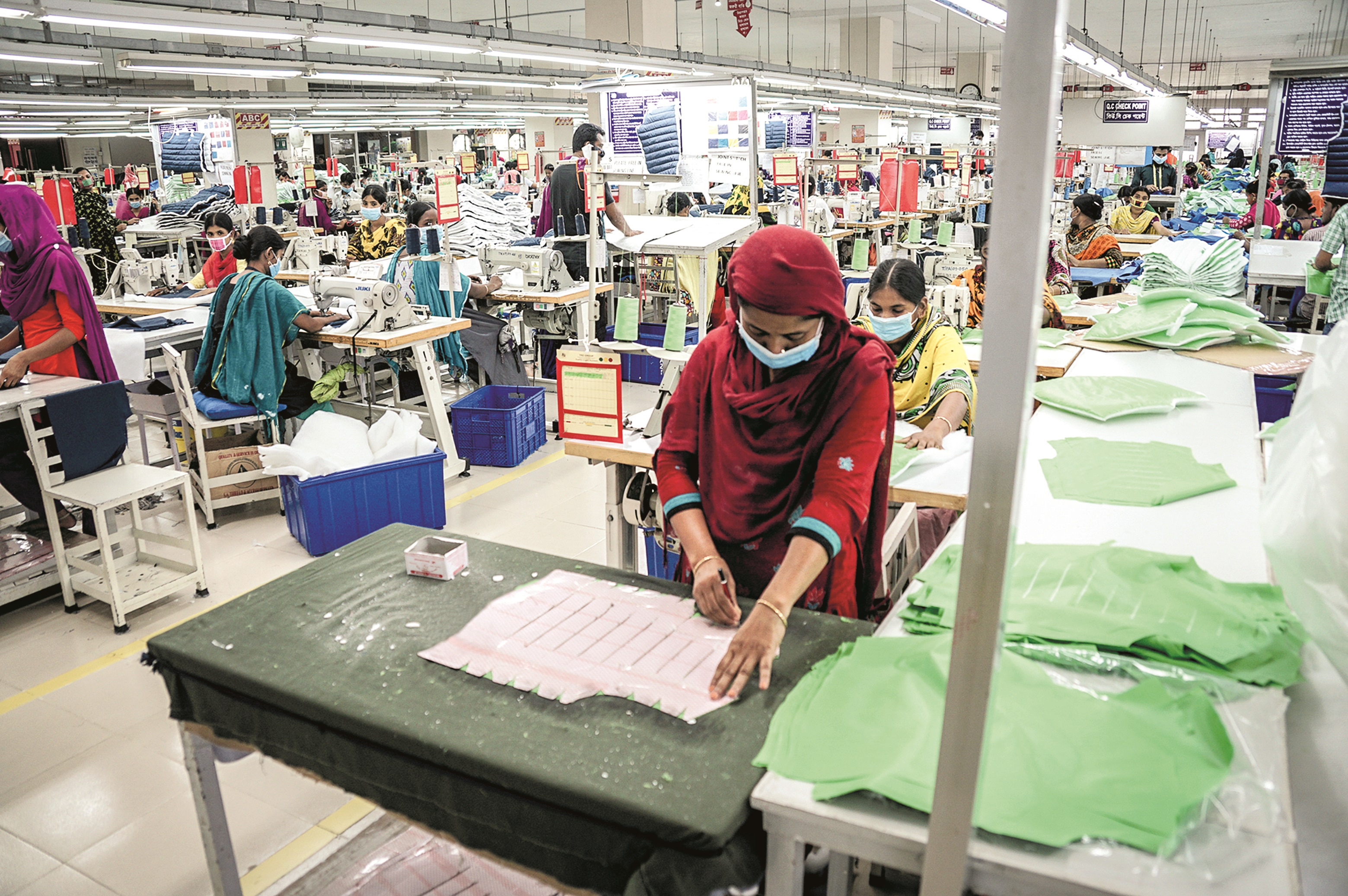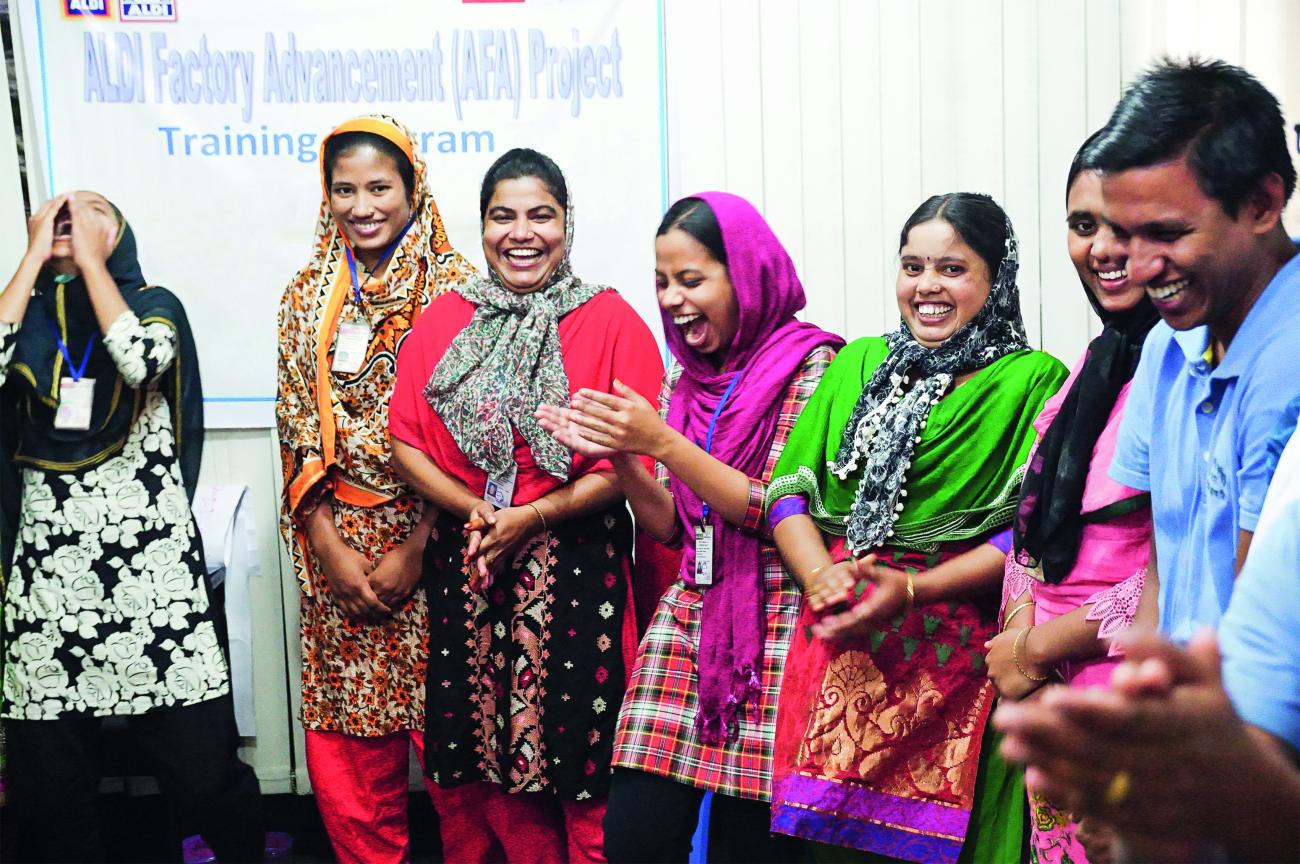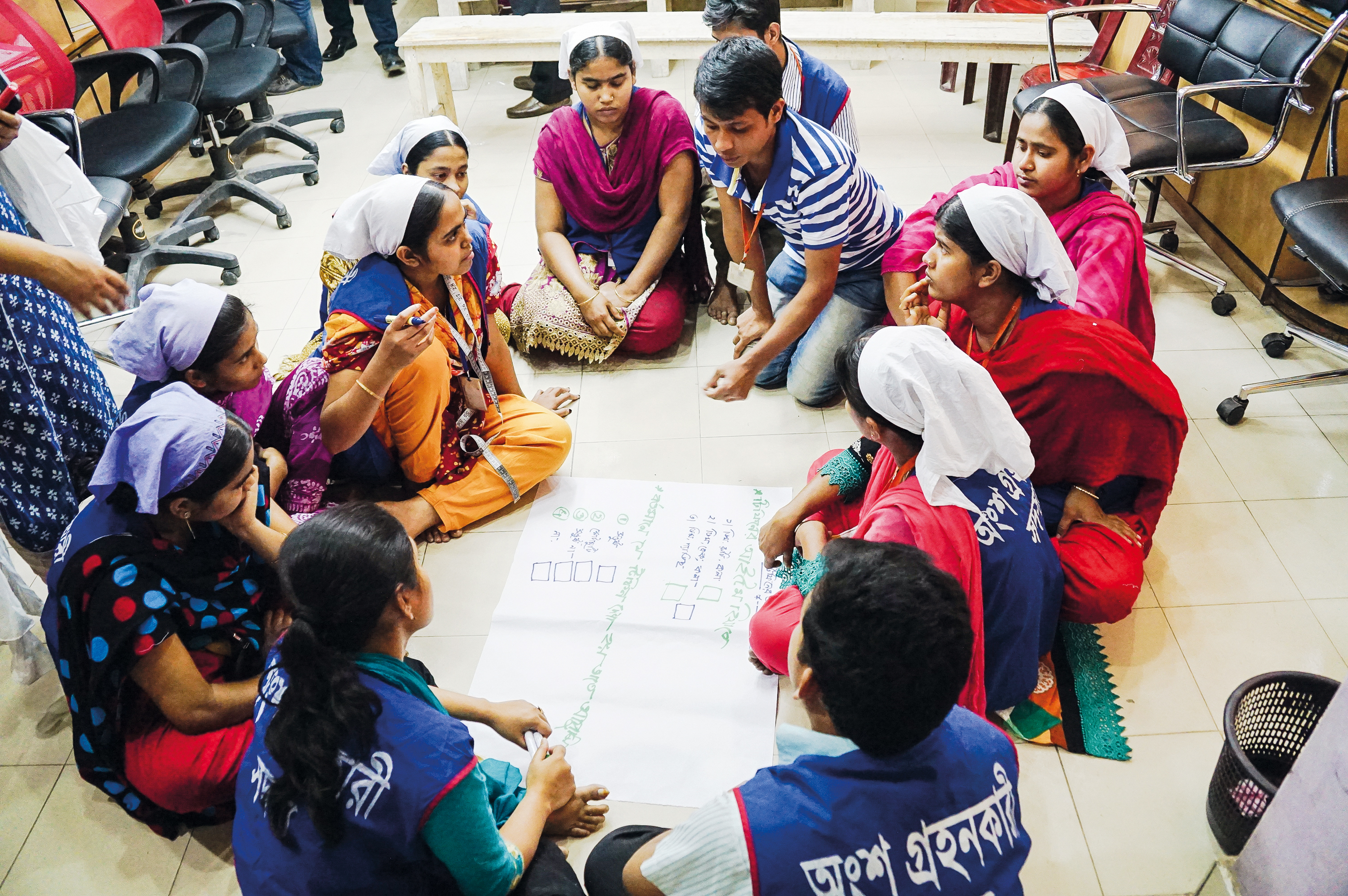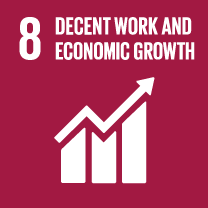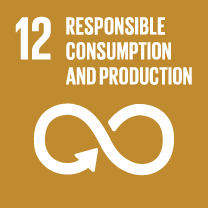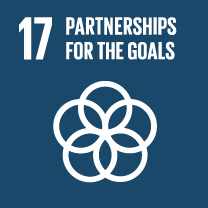To successfully implement profound changes, a safe place was created for workers to explain their challenges. Workers, managers and AFA Project trainers discussed various topics such as establishing effective communication structures, health and safety in their workplaces, working hours, promotion systems, private financial planning, quality management and productivity.
Improvement of Work Processes
The project included peer-to-peer learning activities where all factories came together to share information and learn from each other and then every two to three months, factories were involved in an activity. AFA Project trainers, business partners and employees from our CR Unit in Bangladesh and our Corporate Responsibility International department supported the project on an operational and strategic level.
During the 450 AFA Project activities, workers and managers in each factory identified and addressed a variety of different workplace challenges, such as ensuring the use of personal protective equipment, improving the quality of canteen food or setting up structures to prevent inappropriate behaviour by supervisors and middle management. The AFA project has shown factory owners that employees can make a significant contribution to improving factory work processes. Their creative ideas and keen observation initiated solutions that improved cooperation in the workplace and more effective communication. We conducted six impact assessments that measured the success of the AFA Project, and it was found that the increased collaboration and communication in the workplace resulted in higher productivity and quality.
Development of Childcare Services – AFA PLUS Project
ALDI implemented the AFA PLUS Project from 2016 to 2019 in order to meet the urgent need for high-quality childcare for working parents in the factories. Selected factories were supported in their internal day-care services, which included the topics of childcare practice, safety for children, health and nutrition, preschool education and the management of childcare centres.
